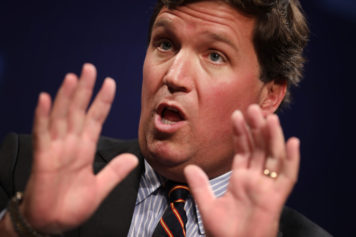
Gone are the days when South Africa was two years behind the Northern Hemisphere in fashion trends. Today, Mr Price and the nation’s other top retailers are catering to South Africa’s mixed tastes, swiftly replicating trends from abroad and, thanks to government incentives for local manufacturers, sourcing close to a third of their wares from domestic manufacturers.
Major international brands such as Zara, Topshop, Forever 21 and H&M are beginning to tap the South African market, and presumably looking toward the rest of the continent too. The question is whether they can do so at a price point that is feasible and on trend for the economically and culturally segmented South African market.
Despite choosing the continent’s most robust retail market to open their first stores in sub-Saharan Africa, these global brands will still face endemic challenges. South Africa has some of the highest import duties in the world on finished textiles. Importing wares from Asia or Europe will result in a nearly 45 percent duty. In addition, because foreign brands don’t have a domestic supply chain, their ability to employ a quick response model is not as strong as brands like Mr Price, which can have new trends on shelves in a matter of days.
Thithi Nteta is one of South Africa’s most popular fashion bloggers as well as a brand consultant and stylist who has previously worked on brand partnerships with both Mr Price and Topshop. She reasons that Mr Price’s intimate knowledge of the market’s varied taste gives them a competitive edge.
“Mr Price is so good at being on trend and [knows] that the majority of South Africans are quite conservative and price-conscious,” Nteta says. “A lot of the trends you see in Europe don’t ever make it to our shores because we tend to be not a very fashion-conscious society.”
Read the full story at theguardian.com


